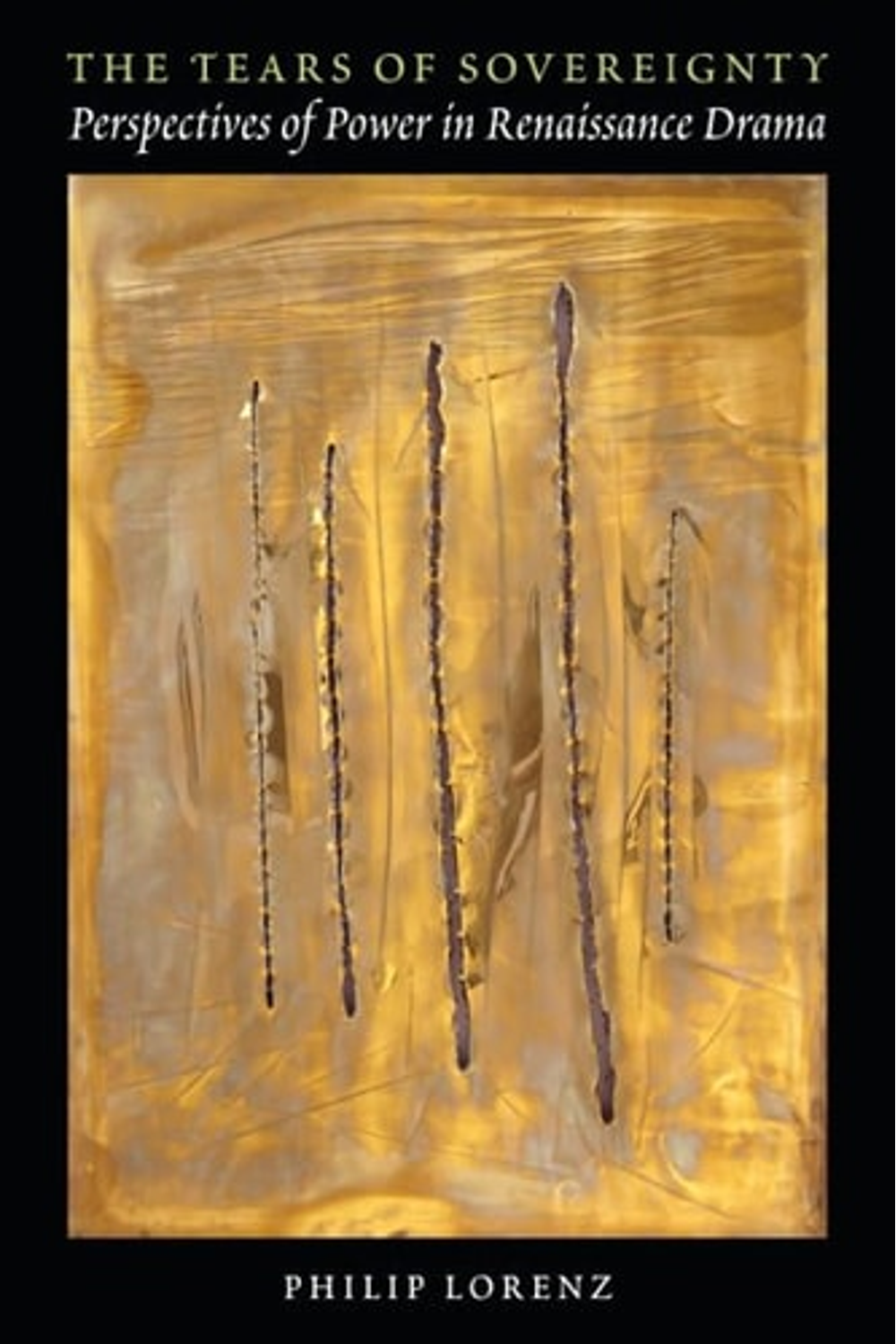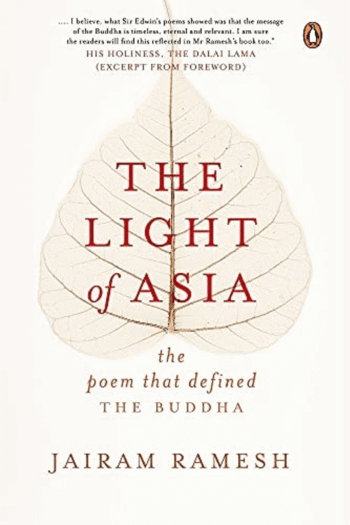Explore the intricate relationship between power and performance in Philip Lorenz’s *The Tears of Sovereignty*. This insightful study examines how Shakespeare, Lope de Vega, and Caldern de la Barca, titans of Renaissance drama, used their plays to grapple with the complex concept of sovereignty. Lorenz delves into the era’s political and philosophical undercurrents, revealing how these playwrights weren’t just reflecting their times, but actively shaping the very language we use to understand power today. Focusing on iconic works like *Richard II*, *Measure for Measure*, *Fuenteovejuna*, *Life Is a Dream*, and *The Winter’s Tale*, Lorenz uncovers the anxieties and contradictions inherent in early modern notions of governance, exploring themes of legitimacy, rebellion, and the human cost of leadership. Discover a groundbreaking analysis that bridges literary criticism and political theory, offering fresh perspectives on enduring questions of authority and the enduring legacy of Renaissance drama. Published by Fordham University Press. Hardcover, 392 pages.
The Tears of Sovereignty: Perspectives of Power in Renaissance Drama
19,45 $
In stock
A comparative study of the representation of sovereignty in paradigmatic plays of early modernity, The Tears of Sovereignty argues that the great playwrights of the periodWilliam Shakespeare, Lope de Vega, and Caldern de la Barcareconstitute the metaphors through which contemporary theorists continue to conceive the problems of sovereignty.
The book focuses in particular on the ways the logics of these metaphors inform sovereigntys conceptualization as a body of power. Each chapter is organized around a key tropological operation performed on that body, from the analogical relations invoked in Richard II, through the metaphorical transfers staged in Measure for Measure to the autoimmune resistances they produce in Lopes Fuenteovejuna, and, finally, the allegorical returns of Calderns Life Is a Dream and Shakespeares The Winters Tale. The tears of sovereignty are the exegetical tropes produced and performed on the English stages and Spanish corrales of the seventeenth century through which we continue to view sovereignty today.
| Authors | |
|---|---|
| Binding | |
| Condition | |
| ISBN-10 | 0823251306 |
| ISBN-13 | 9780823251308 |
| Language | |
| Pages | 392 |
| Publisher | |
| Year published | |
| Weight | 658 |
| Edition | 1 |
Related products
Electric Dreams
22,82 $A Midsummer Night’s Dream
14,79 $Tall Tales and Wee Stories
15,47 $
- Additional information
- Currencies
- USD – United States dollar
- EUR – Euro
- GBP – Pound sterling
- CNY – Chinese yuan
- BRL – Brazilian real
- MXN – Mexican peso
- JPY – Japanese yen
- PHP – Philippine peso
- THB – Thai baht
- PLN – Polish złoty
- CAD – Canadian dollar
- MYR – Malaysian ringgit
- AUD – Australian dollar
- TWD – New Taiwan dollar
- CZK – Czech koruna
- SEK – Swedish krona
- HUF – Hungarian forint
- ILS – Israeli new shekel
- CHF – Swiss franc
- HKD – Hong Kong dollar
- DKK – Danish krone
- SGD – Singapore dollar
- NOK – Norwegian krone
- NZD – New Zealand dollar





